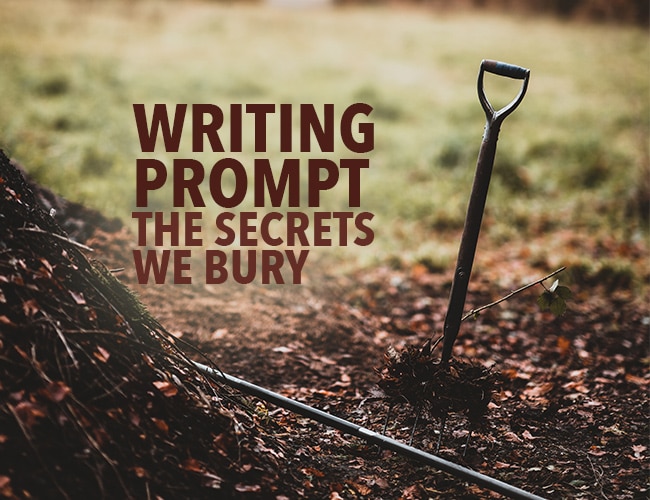
The 8 Parts of a Story You Need to Know
Whether you’re a student analyzing a story or a writer intent on crafting a compelling story, there are a few basic story elements that will help you better understand the parts of a story.

Whether you’re a student analyzing a story or a writer intent on crafting a compelling story, there are a few basic story elements that will help you better understand the parts of a story.

Italics are used to distinguish certain text from the rest for emphasis or sometimes contrast. As with all grammar and formatting conventions, italics should be used to make a message clearer to the audience. Let’s look at a complete guide of when to use italics.

Writers across the globe spent a frenzied month neglecting their laundry, sneaking writing time at lunch, and compulsively checking their word counts. Whether you won, lost, or didn’t participate at all, here’s what NOT to do the day after NaNoWriMo ends.

If you’ve ever had the middle of a manuscript sag and feel flabby, congrats. You’re a writer! One of the questions I ask when get stuck in the middle of a manuscript is this: “How can I make this worse for this character?” One of the key elements you might use is the very thing we try so hard to avoid on a daily basis: abrasive people.
How can an abrasive character push your character’s arc, keep the plot moving, and deepen the theme? Read on to find out.

I recently finished a novel where a character hiding in a secret panel in an old house had lost consciousness and died. The only person who had an inkling of the hiding space was a child who grew up harboring the terrible secret. Secrets are a great way to add depth to a character, especially if the secret is on theme. Try this writing prompt and see what you uncover!